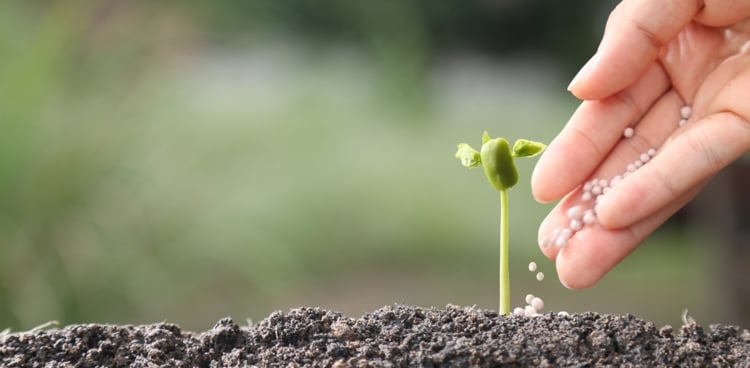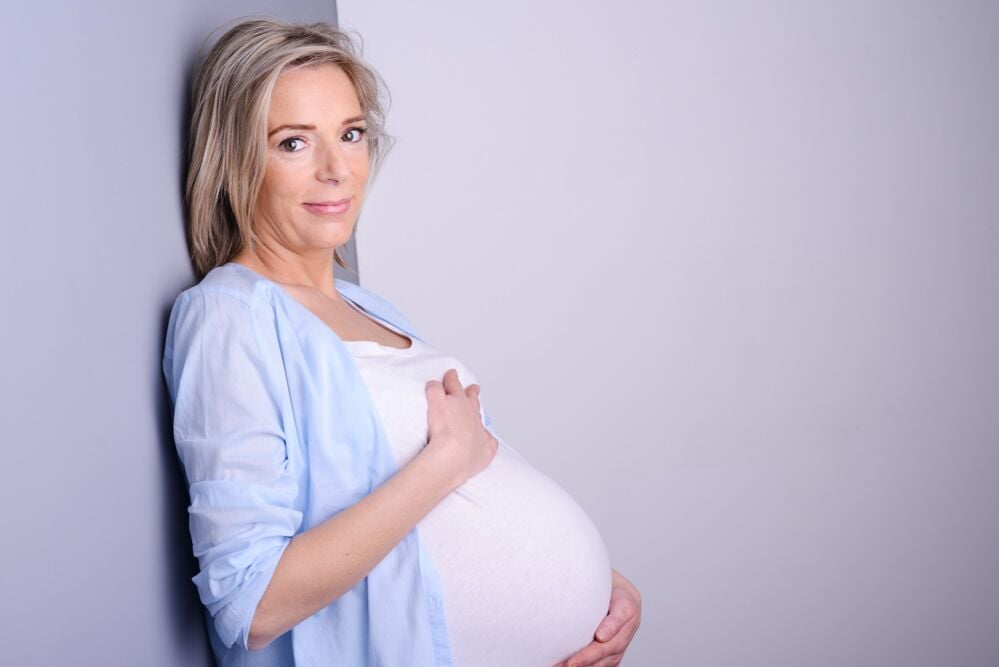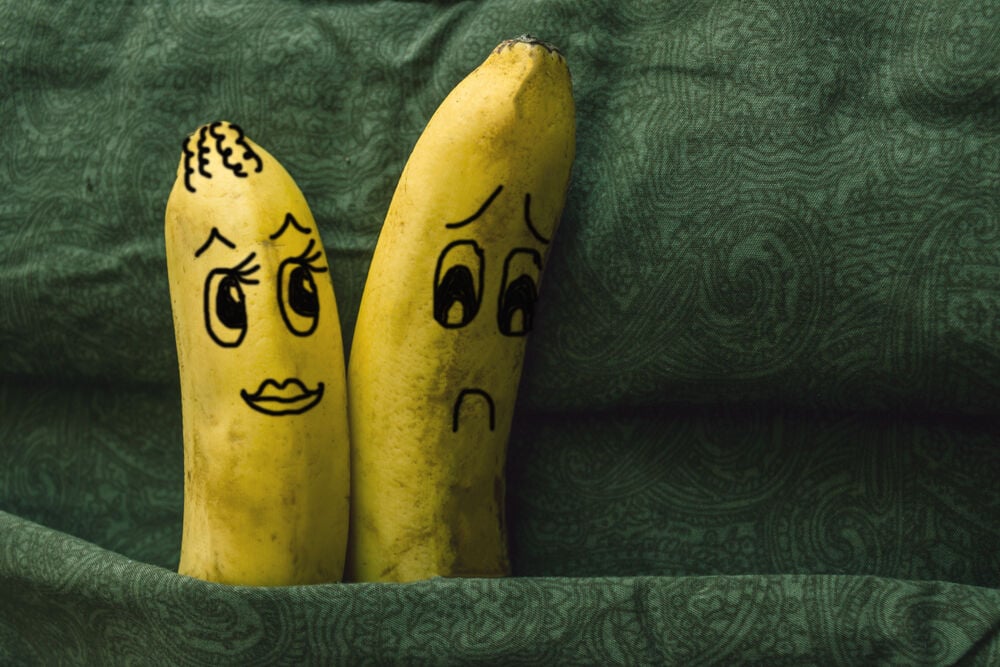Fertility and age go hand in hand. In this article, you'll learn about female fertility and age and how time impacts your chances to give birth to a healthy baby.
-
Tracking cycle
-
Getting pregnant
-
Pregnancy
-
Help Center
-
Flo for Partners
-
Anonymous Mode
-
Flo app reviews
-
Flo Premium New
-
Secret Chats New
-
Symptom Checker New
-
Your cycle
-
Health 360°
-
Getting pregnant
-
Pregnancy
-
Being a mom
-
LGBTQ+
-
Quizzes
-
Ovulation calculator
-
hCG calculator
-
Pregnancy test calculator
-
Menstrual cycle calculator
-
Period calculator
-
Implantation calculator
-
Pregnancy weeks to months calculator
-
Pregnancy due date calculator
-
IVF and FET due date calculator
-
Due date calculator by ultrasound
-
Medical Affairs
-
Science & Research
-
Pass It On Project New
-
Privacy Portal
-
Press Center
-
Flo Accuracy
-
Careers
-
Contact Us
Fertility and Age: How Are They Related?


Every piece of content at Flo Health adheres to the highest editorial standards for language, style, and medical accuracy. To learn what we do to deliver the best health and lifestyle insights to you, check out our content review principles.
Fertility overview
You might be wondering, “What is fertility?” Fertility is your natural ability to conceive and carry your baby to full term and bring it into the world.
Fertility and age go hand in hand. When your hormones kick in during puberty and you have your first period, you can get pregnant.
As you grow older into your twenties, you become more fertile. As you progress deep into your thirties, you become less fertile. After 35, your fertility drops so much that you cannot conceive by the time you reach 50.
Does my age affect my fertility?
Yes, your age affects your ability to have a baby. By the time you are born, you have all your eggs within your ovaries. Once you hit puberty and the reproductive hormones start coursing through you. Your ovaries release an egg monthly. This is in anticipation of making a baby.
This happens monthly — barring any complications or stress. As you approach menopause, your periods become irregular. They might appear this month and not appear in any number of consequent months.
The menstrual cycle, thus, shows that age does affect your fertility.
Getting pregnant at your 20s
In your twenties, your body is at the peak physical potential of nurturing a baby in the uterus.
Earlier, we talked about being born with all your eggs. During your twenties, your ovaries release the highest quality eggs you have. This is in anticipation of fertilization.
In your twenties, you have the good eggs available and are also in good physical condition. This means that this is the most fertile age for a woman.
During this period, you can easily get pregnant within a year if you are having regular sex. This makes it the most fertile period of a woman. And by regular sex we mean engaging in unprotected intercourse every couple of days during your cycle.
Getting pregnant at your 30s
When you get into your thirties, getting pregnant can become a bit harder. However, it’s still not out of the question. Plenty of women still conceive naturally and give birth to babies when they’re in their early thirties.
The infertility rates climb up in women past the age of 35. In the early thirties, only about 8 percent of women are likely to have signs of infertility. In the late thirties, this number shoots up to almost double with 15 percent of women likely to be infertile.
You should also note that in the thirties, you are more likely to have many babies. This is because the older you get, the more your body produces the hormone that makes you ovulate. So, there’s a higher chance of having two different eggs fertilized at the same time. This results into conceiving fraternal twins.
Take a quiz
Find out what you can do with our Health Assistant
Getting pregnant at your 40s
In your forties, it becomes even harder to become pregnant. Your likelihood of getting pregnant is 36 percent. You also have a 32 percent chance of being infertile. This is in stark contrast to your earlier years.
While the possibility of having a baby at this age isn’t totally ruled out, the risks involving pregnancy are much higher.
These are some of the problems you might encounter if you fall pregnant in your forties:
- Birth defects
- Giving birth via C-section
- Low weight of the newborn
- Stillbirth
- Premature birth.
With all these risks, getting pregnant in your forties usually requires the guidance of a fertility doctor.

What age does a woman stop being fertile?
Once you step into your fifties, there’s almost no chance that you will naturally conceive and give birth. You have used up your good eggs and your ovaries aren’t releasing any for fertilization.
Can infertility treatment compensate for the decline in age-related fertility?
As you approach the infertility age, your goods eggs decline in quality and number. This means that your chances of getting pregnant naturally decrease significantly as you grow older.
But all hope is not lost. There are medical interventions that you can use so that you can have a baby. They increase your chances when you are approaching your infertile years.
Over the years, technological advancement has helped scientists to help women conceive. One of the popular methods is in vitro fertilization (IVF).
When you go to an IVF clinic, the doctor harvests eggs from your ovaries or uses those of a donor. In the lab, they add sperms — your partners or a donor — to these eggs and fertilization takes place.
The embryos — fertilized eggs — are then transferred into your uterus so that your baby can develop. Usually, the doctor usually implants 2-3 embryos to increase the chance of at least one taking hold. Scientists have refined the IVF process so that the success rate remains high even if they transfer a few embryos.
Despite the success IVF gives, it isn’t an outright infertility cure. Many clinics don’t perform the IVF procedure past the age of 50 because success rates are awfully low. According to the latest studies every new IVF trial can elevate risk of having ovarian cancer.
Plan your IVF with your medical team and evaluate risks.
If you have conceived through IVF, check our IVF and FET Due Date Calculator.
Does age affect male fertility?
Coping with infertility is not something only women face. Even men become infertile over time. Male infertility factor is around 35%, it advances at a much slower pace than female infertility factor (45-55%).
Combination of male and female factors 10-20%. Unexplained infertility 10%.
Some of the common male factors: testicular disease (35%), post-testicular defects in sperm transport (15%), hypothalamic pituitary disease (2%), idiopathic (unknown cause or mechanism of apparent spontaneous origin) 45%
As men get older, particularly after hitting forty, their sperms become less mobile and the shape worsens. This reduction in quality affects the sperms’ ability to fertilize your eggs.
Also, the amount of the male sex hormone — testosterone — begins to decrease over age. Many male attributes, including having and maintaining an erection, begin to wane. This affects the sex life, making the man less virile than before.
The sperms of older men are more likely to have genetic abnormalities. This puts the resulting baby at risk of having genetic conditions like Down’s syndrome.

How to boost my chances to get pregnant?
You can boost your chances of getting pregnant through many ways.
These natural remedies for infertility include:
- Adequate exercise to prepare your body for pregnancy
- Maintaining a diet that has natural fertility boosters like lutein, vitamins C, E and, folic acid
- Using a fertility tracker to track your ovulation and fertile days so you can have sex at the ideal time
- Cutting back on the alcohol and smoking
- Reducing stress.
If you are yet to reach the age of 35 and have primary infertility, you should see a fertility specialist. You have tried for over a year without any form of contraception but still cannot conceive.
You should also seek advice if you are over 35 and have been trying for more than 6 months without success.
What causes primary infertility?
Sometimes the reasons for infertility in women are not age-related. They can be due to prevailing medical conditions.
Stein-Leventhal syndrome, also called polycystic ovary syndrome (PCOS), is one of them. PCOS and infertility go hand in hand. This disorder in women is characterized by an elevated level of male hormones (androgens eg, testosterone) and infrequent or absent ovulation (anovulation). Presents with amenorrhea/oligomenorrhea, hirsutism (excessive body hair in men and women on parts of the body where hair is normally absent or minimal), acne, infertility.
Sexually transmitted diseases (STDs) can also cause fertility problems. For example, chlamydia and gonorrhea cause pelvic inflammatory disease (PID). This affects your fallopian tubes, making it difficult for sperms to reach your released egg.
Fallopian tube abnormalities including pelvic adhesions (34%), is one of the most common identifiable female factors for infertility. Other common factors include ovulatory disorders 32%, endometriosis 15% respectively.
These STDs are actually preventable. You should, therefore, take care lest you become infertile.


Hey, I'm Anique
I started using Flo app to track my period and ovulation because we wanted to have a baby.


The Flo app helped me learn about my body and spot ovulation signs during our conception journey.


I vividly
remember the day
that we switched
Flo into
Pregnancy Mode — it was
such a special
moment.
Real stories, real results
Learn how the Flo app became an amazing cheerleader for us on our conception journey.
References
History of updates
Current version (24 April 2020)
Published (22 November 2018)
In this article

Get your personal guide to fertility
-
Learn how to read your body's ovulation signals
-
Find daily conception tips from our experts
-
Chat with others who are trying to get pregnant




